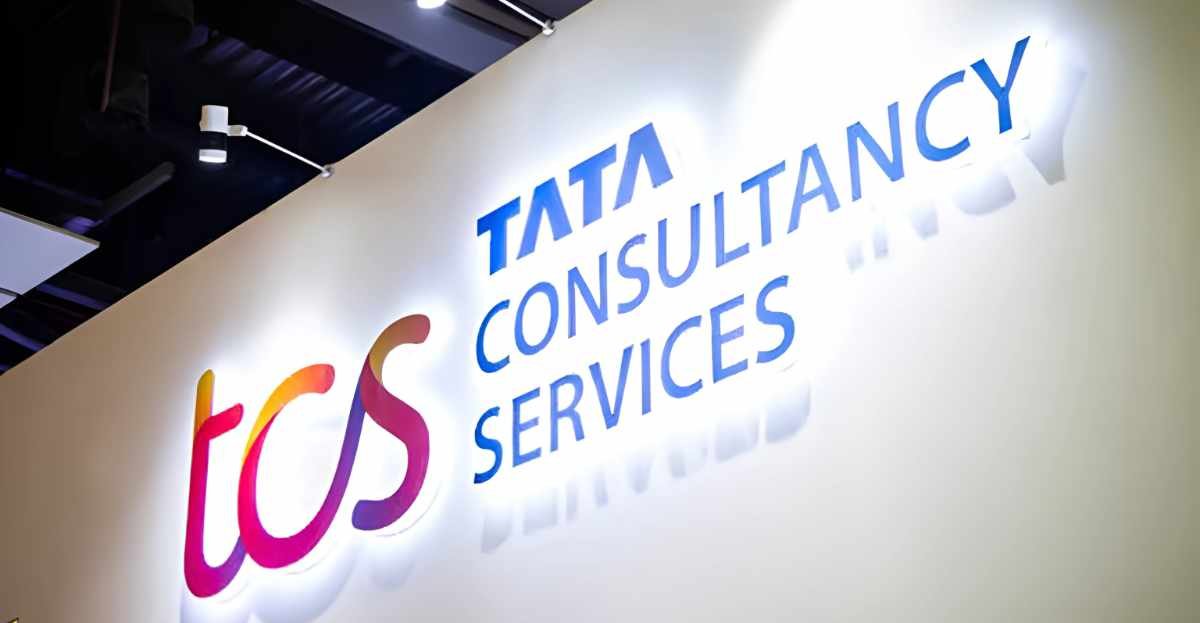Image Source: Telangana Today
In a time when workplace culture is often measured by flashy perks and brand-driven campaigns, Tata Consultancy Services has built its reputation differently – through quiet consistency, measured leadership, and a deep-rooted belief in long-term relationships.
TCS doesn’t need to chase headlines about being the most flexible, the most progressive, or the most innovative. What it does instead is deliver a people experience that is stable, trusted, and enduring-qualities that have become surprisingly rare in today’s workplace landscape.
Stability as Strategy
In the Indian IT sector, where attrition is a constant, TCS has managed to hold on to a workforce that runs into hundreds of thousands. It isn’t that employees don’t get offers elsewhere – they do. But many choose to stay, not because it’s the easiest option, but because it’s one of the few places that consistently delivers on its promises.
The company’s posture during the pandemic is worth remembering. While the industry saw widespread layoffs and offer rollbacks, TCS went on record to say that it would not let go of employees, and that every campus offer would be honoured. It wasn’t just a message for the media; it was a signal to employees that the organisation doesn’t just talk about trust—it practices it, even when the stakes are high.
This approach isn’t new. It stems from a long-standing belief in employment as a long-term association – an idea that might sound old-fashioned, but which continues to yield powerful results.
Learning That Evolves With the Individual
One of the lesser discussed aspects of TCS’s people practices is how deeply embedded learning is in the fabric of the organisation. This isn’t learning as a one-off initiative or a checkbox on a leadership scorecard. It’s structural.
From the iON digital learning platform to internal programs that guide young professionals through the early years of their careers, TCS has created pathways for continual growth. Its ‘Xplore’ onboarding program, ‘Elevation’ learning journeys, and large-scale upskilling in digital technologies ensure that people aren’t just employed-they are employable in the long run.
In an environment where skill sets age quickly, this isn’t just good practice – it’s essential.
Meaning Beyond the Job Role
Purpose at work is often associated with startups or social enterprises. Yet TCS has quietly built purpose into the DNA of its culture. Employees are encouraged to contribute to CSR activities, mentor students from underserved communities, and take part in wellbeing programs that promote both physical and mental health.
Initiatives like ‘goIT’, which involves employees mentoring school children in STEM subjects, have created touchpoints between the company and the community. Meanwhile, internal programs like ‘Fit4Life’ have helped employees across geographies focus on their health – not through top-down mandates, but through peer-driven engagement.
The message is clear: Work isn’t just what you do at your desk. It’s also how you show up in the world.
Inclusion That’s Quiet but Real
When it comes to gender inclusion, TCS has avoided the performative. Instead, it has invested in structured support systems that make a real difference. Its ‘Second Careers for Women’ initiative helps women return to work after career breaks. Community platforms like Maitree foster bonds among employees navigating life transitions.
Related Posts
The numbers speak for themselves. Over 35% of the company’s workforce today comprises women-a figure that remains ahead of the industry average in India.
This didn’t happen through a single campaign or a headline moment. It happened through years of policy, practice, and leadership that backs both.
Rethinking Work, Without Losing Control
When remote work became a necessity, TCS didn’t scramble. It rolled out its Secure Borderless Workspaces (SBWS) model across thousands of employees within weeks—enabling them to work safely, securely, and effectively from wherever they were.
Later, it introduced its 25×25 vision: a future where only 25% of its workforce needs to be in the office 25% of the time. It wasn’t a radical declaration. It was a thoughtful progression from what the company had already implemented-with an eye on sustainability, employee autonomy, and operational security.
At a time when many companies are calling employees back to office spaces, often without clarity or empathy, TCS has chosen to stay the course it believes in.
Recognition at Scale
Recognising people in an organisation of over 600,000 can be a logistical challenge. Yet TCS has managed to strike a balance between system and sentiment. It has created structured mechanisms for appreciation – whether through team celebrations, individual awards, or manager-led connect programs.
What’s notable is that recognition at TCS isn’t always top-down. There are horizontal rituals too-colleagues appreciating each other, teams celebrating collective wins, and regular engagement touchpoints that build community in a company too large for any one leader to know everyone by name.
A Culture That Doesn’t Need Reinvention
In many ways, the strength of TCS’s culture lies in what it has chosen not to do. It hasn’t chased fads or rushed to adopt every new workplace trend. It hasn’t tried to redefine itself every few years. What it has done is evolve slowly, deliberately, and with an eye on long-term impact.
Its practices are not driven by headlines. They’re shaped by a legacy-the Tata legacy-that values ethics, continuity, and people.
In a world of work that often feels unmoored, TCS offers a model of what it means to build quietly, consistently, and humanely. And for many employees, that quiet strength is exactly what makes it a place worth staying in.
Disclaimer: The views, data and case studies we publish on our website are purely based on publicly accessible information and organizational disclosures. Amazing Workplaces® does not take a position on any legal or regulatory matters concerning any information available on our website.










